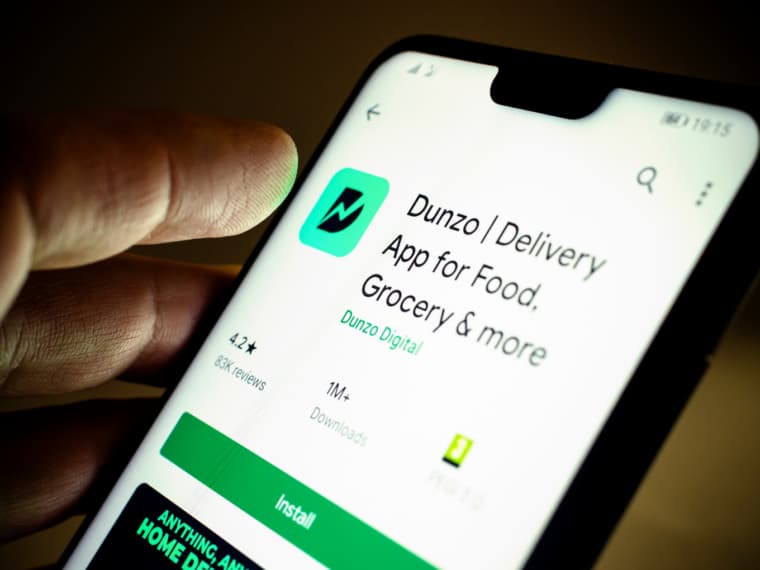Cash-strapped hyperlocal platform Dunzo’s key investor Lightbox has stepped down from its board seat, even as the startup continues to wrestle with financial woes.
Lightbox, holding an 11.1% stake, stands as the platform’s third-largest shareholder, trailing behind Reliance Retail (25.8% ) and Google India (19.3%). However, Lightbox’s recent move to vacate its board seat marks a significant shift, leaving Dunzo without representation from any of its primary investors.
The sequence of board exits started in 2023. Between August and October, representatives from Reliance Retail and Lightrock resigned from their board positions, Moneycontrol reported. Besides this, former Lightbox partner Siddharth Talwar chose to resign from the board in August 2023.
Dunzo cofounders Dalvir Suri and Mukund Jha also gave up their board seats before departing the company. The current board is comprised of cofounder and CEO Kabeer Biswas and STIC Investments’ Hongjim Kim.
Founded in 2015 by Kabeer Biswas, Suri, Mukund Jha, and Ankur Aggarwal, Dunzo connects consumers with nearby stores and facilitates deliveries of products including groceries, medicines, and food, among other daily needs.
Its foray into the quick commerce space with Dunzo Daily led to a sharp increase in its cash burn, and left the company in a precarious position, as we reported last year.
Dunzo has found itself entangled in a web of legal notices from vendors due to its weak financial state. Vendors such as Google India, Nilenso, Clover Ventures, Facebook India, Cupshup, Koo, and Glance are collectively owed amounts totalling approximately INR 11.4 Cr.
The financial strain on the Bengaluru-based quick commerce startup is evident from its FY23 numbers. Dunzo incurred a staggering loss of INR 1,801 Cr in FY23, a sharp increase from INR 464 Cr in the preceding fiscal year.
Several employees have also raised red flags in relation to lack of salary payments and final settlements for those who were asked to leave.
While operating revenue grew by 317% to INR 226.6 Cr in FY23, the company was weighed down tremendously by huge expenses as it looked to invest in the quick commerce model. Since then, Dunzo has scaled back most of the operations for quick commerce and has pivoted largely to B2B deliveries, forgoing its erstwhile B2C stronghold in hyperlocal deliveries.
Source: INC 42


